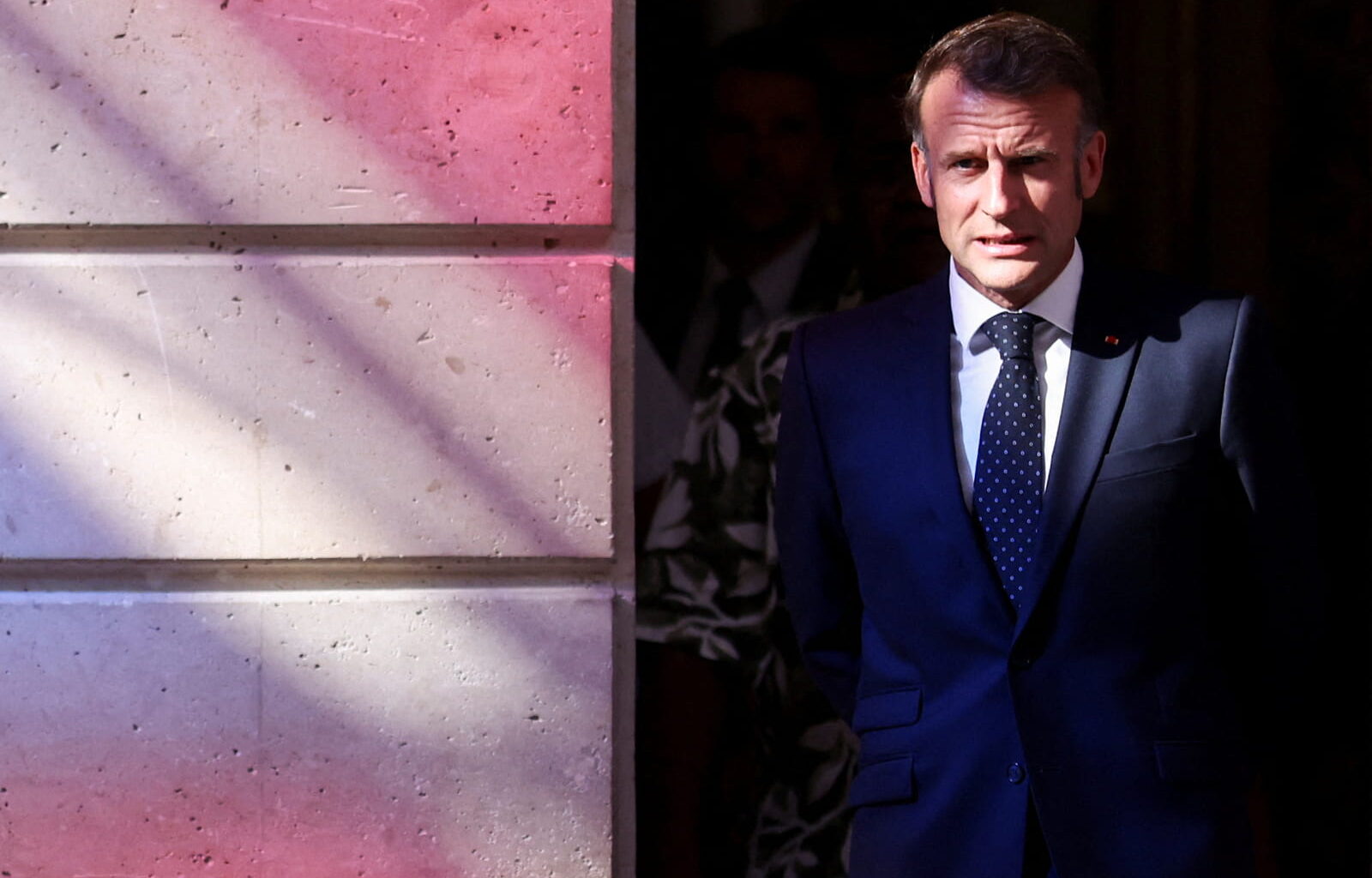A new deal aiming to settle months of unrest in New Caledonia is foundering at the first hurdle.
Last month in Paris, independence and loyalist leaders from the French Pacific territory along with President Emmanuel Macron struck the “Bougival Accord”, pledging to create a new kind of state with potentially sovereign powers within France.
It was always going to be a tough sell to secure support back home, particularly for the independence leaders who signed it. So it has proved.
The pro-independence coalition, Front de Libération Nationale Kanake et Socialiste (FLNKS), have now formally rejected the accord, despite having signed it in Paris. Various suggestions are now swirling about – that France dissimulated while negotiating the text, that the agreement was only a draft, that it ignored proposals from independence leaders as well as the latest census results, which are crucial to establishing voting rolls.
The accord was always going to face a succession of challenges. It would require a constitutional change supported by both houses of France’s parliament, a referendum in New Caledonia, local elections with widened voter eligibility, and development of a fundamental law or constitution.
Persuading the base to support the deal was also expected to be difficult. History holds a bitter warning. Within a year of signing the 1988 Matignon Accord, which sought to settle New Caledonia’s longstanding independence conflict, pro-independence leader Jean-Marie Tjibaou and his deputy were assassinated by disaffected supporters. Jacques Lafleur, the loyalist signatory, told me years later of the difficulty he had convincing his supporters of the benefits of his compromises after returning from Paris.
The coalition parties condemned what was seen as economic blackmail by France, called for local elections by November, and warned any change to voter eligibility was a “red line”.
The latest deal was seen as final – by France at least. French Overseas Minister Manuel Valls warned against any attempted renegotiation of the Bougival Accord, threatening withdrawal of French aid.
FLNKS went through a protracted debate before resolving on 9 August to reject the accord. It was seen as an “affront to the Kanak people”, incompatible with their objectives of sovereignty and self-determination. FLNKS referred instead to their own proposed Kanaky Accord, apparently submitted to France in May. The coalition set a deadline for agreement of 24 September 2025, the anniversary of France’s annexation of the territory in 1853.
Warning against any effort to impose the Bougival Accord by force – a veiled reference to the 2024 violence that followed unilateral steps by France – FLNKS urged supporters to peaceful action to stop France’s Bougival effort. The coalition parties condemned what was seen as economic blackmail by France, called for local elections by November, and warned any change to voter eligibility was a “red line”. FLNKS said it would meet with Valls, but would not participate in the process he is to lead as part of the Bougival Accord.
Questions have also been raised about the Bougival Accord’s status. Just days after it was signed, a spokesman for Palika, a moderate independence party which withdrew from FLNKS last year, told the ABC that the accord was a draft, not a final text. Later, Emmanuel Tjibaou, son of Jean-Marie and leader of FLNKS’ delegation in Paris, made the same claim. He said he had endorsed a discussion paper, the fourth iteration since May, to take back home for discussion. Tjibaou said it was headed “projet d’Accord” (“proposed agreement”) and that it omitted independence party proposals while including loyalist positions.
In particular, Tjibaou said the Bougival Accord’s planned reallocation of electoral resources away from Kanak provinces in favour of the Southern Province populated by loyalists did not take account of the FLNKS request to use current population figures. Preliminary results from the May 2025 census showed the first population decline in the territory in almost 80 years, down from 271,407 in 2019 to 264,596. The Southern Province population dropped, while increases were found in Northern and Islands Provinces, predominately populated by Kanaks. Yet the Bougival Accord reallocates funding and political representation in the opposite direction, favouring loyalists mainly resident in Southern Province.
FLNKS has its own leadership contest. The FLNKS resolution revokes Tjibaou’s mandate to negotiate. Instead it hands that power to Christian Tein, who was recently released from months of detention in metropolitan France after being exonerated from charges of inciting violence in the territory last year. Tein is presently not permitted to return to New Caledonia and France refused FLNKS requests to allow him to participate in the Bougival talks. FLNKS specifies that Tein is only to negotiate bilaterally with France, cutting out the loyalists, and only in New Caledonia.
The FLNKS position threatens to create a stalemate before Valls arrives in New Caledonia next week, on 18 August. While Valls has warned against undermining the Bougival Accord, he is keeping the way open to “clarifying, deepening, detailing and completing” it, but only by engaging those who eschew confrontation and favour consensus.
He will have his work cut out.
